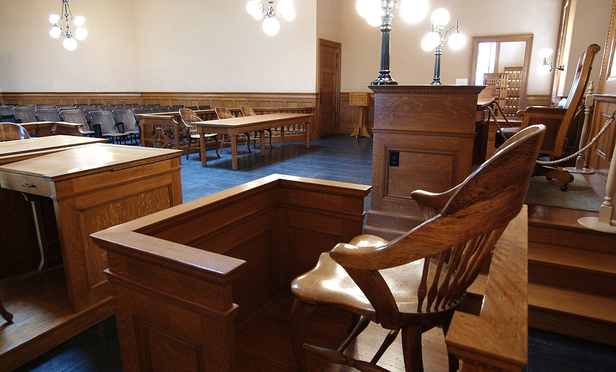A legal malpractice plaintiff is not entitled to a continuance to seek an expert to testify despite learning shortly before a scheduled trial that his intended expert was ineligible, the Pennsylvania Superior Court has ruled.
A split three-judge panel issued a March 27 memorandum finding that Aldis Rutyna should have known that his medical expert had signed a consent judgment precluding him from testifying against the medical center involved in Rutyna’s underlying medical malpractice case. The trial court correctly dismissed the case with prejudice due to Rutyna’s inability to produce an expert witness, the appellate court determined in Rutyna v. Schweers.
This content has been archived. It is available through our partners, LexisNexis® and Bloomberg Law.
To view this content, please continue to their sites.
Not a Lexis Subscriber?
Subscribe Now
Not a Bloomberg Law Subscriber?
Subscribe Now
LexisNexis® and Bloomberg Law are third party online distributors of the broad collection of current and archived versions of ALM's legal news publications. LexisNexis® and Bloomberg Law customers are able to access and use ALM's content, including content from the National Law Journal, The American Lawyer, Legaltech News, The New York Law Journal, and Corporate Counsel, as well as other sources of legal information.
For questions call 1-877-256-2472 or contact us at [email protected]



